”When I first opened my shop, I never considered it as a convenience store,” says Dana Burton, owner of Goodfayre – an ethics-conscious grocery shop in Salisbury.
The shelves exhibit c-store staple categories such as alcohol, chilled, frozen, confectionery, tins and household goods, but also wooden toys and health products. Unlike most grocery shops, everything is vegan, organic and fair trade, it is essentially plastic-free and most lines have a gross margin of at least 40%.
Describing the concept behind the store, Dana tells Retail Express: “I just wanted a place that was easy for me to shop.”
Open since 2016, this year’s focus on waste reduction has driven consumer interest in stores such as Goodfayre. Everything from grains to nuts to cleaning products are self-serve and plastic-free.
“It’s the pick-and-mix format applied to different categories, just as it used to be. It’s win-win for independent retailers. Not only is it better for the environment and better for store margins, it’s better for the customer. Eliminating plastic means nearly all of the self-serve products are cheaper than the same products sold in supermarkets,” says the store owner.
One of the greatest challenges facing Dana is growing the customer base and footfall. The high-profile nerve agent poisoning in Salisbury earlier this year reduced footfall in the town by 15%, but the store was able to react quickly, launching an online subscription delivery service and shop.
Online presence is clearly having an impact. One shopper enters the store and tells Dana: “I saw you on Google and wanted to come in and see what you have for sale.”
Eliminating plastic means nearly all of the self-serve products are cheaper than the same products sold in supermarkets
Describing another method of growing shop awareness, the retailer states: “We run 12 events a year, such as vegan cheese making and wine tastings. We do it in partnership with local suppliers who have their own followings, so only 20% of attendees are regular customer – the rest is all new business opportunities”
Once through the door, Dana uses a loyalty scheme built in partnership with CollectApps to send out personalised offers based on buying habits, spending levels, frequency or when they are close to the store. “Sales definitely jump when we send out personalised messages. We also give away a free chocolate bar on a loyalty customer’s birthday. It is using technology to enhance the connection you have as an independent shop with your customers,” she says.
Before Dana left her job with BA to open the store, a friend with retail experience warned her: “Keep your store stocked with no more than four suppliers.” Yet years later, the store relies on an intricate network of approximately 100 suppliers. Asked about the model, the shop owner says: “Our main ones are Suma, Essential and Infinity, but we are trying to focus on helping independents to launch new products, and also launch our own products, too.
“Sometimes we agree space and allow the producer to merchandise and range it on a sale-or-return basis, so they have a strong incentive for it to sell well. It’s all about collaboration.”
Top tips
1. Cut out the middle man
Dana says: “We discovered the source of one of our wholesaler’s bestselling own-label lines and got them to produce a version branded for us. It is now cheaper and offers a better margin.”
2. Look for the difference
“Every store will sell Coca-Cola, but how many have a quality alternative? Just as people visit your shop over a supermarket, they will consider supporting independent manufacturers,” says the store owner.
3. Use your EPoS
“When we first opened, we had a large gift selection,” says Dana. “Sales data told us we should pivot more towards food. It also helps to prevent us from tying up our capital in slow-selling lines.”
Find my store
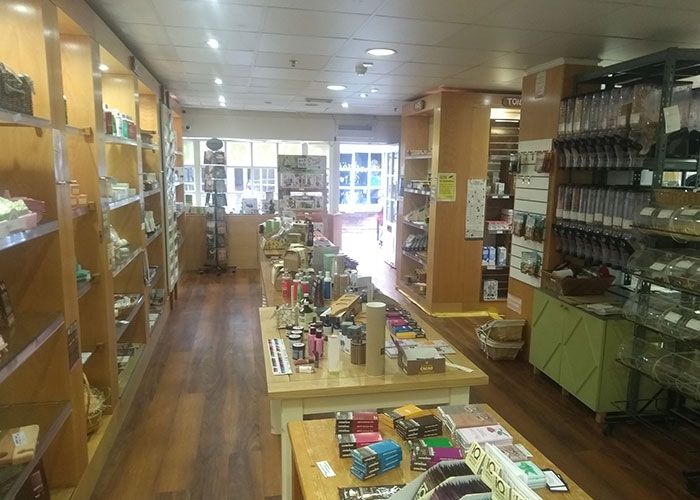
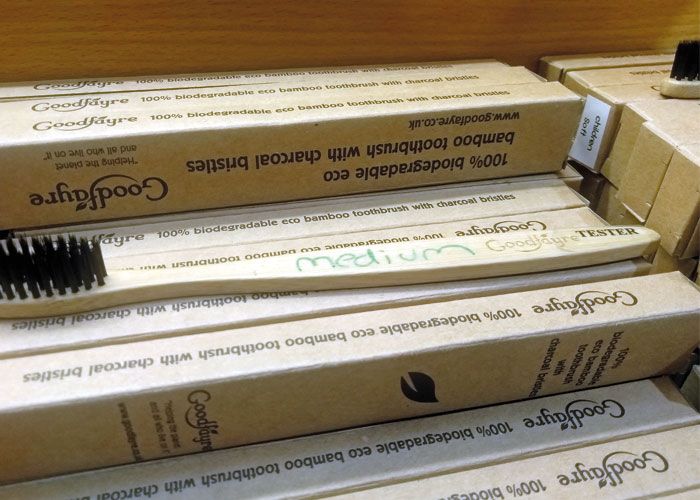
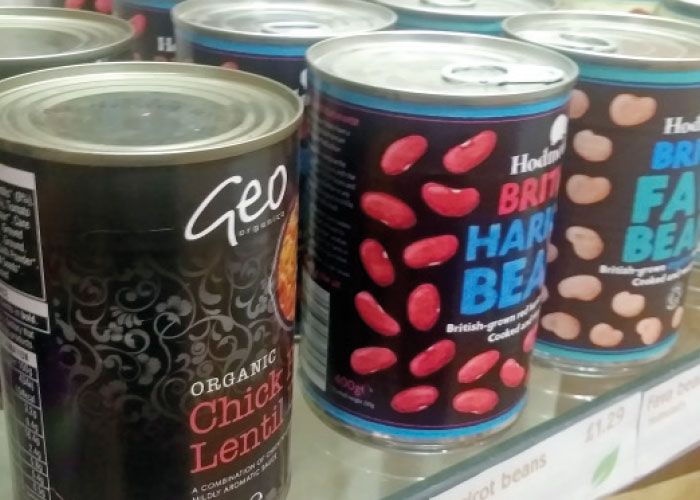
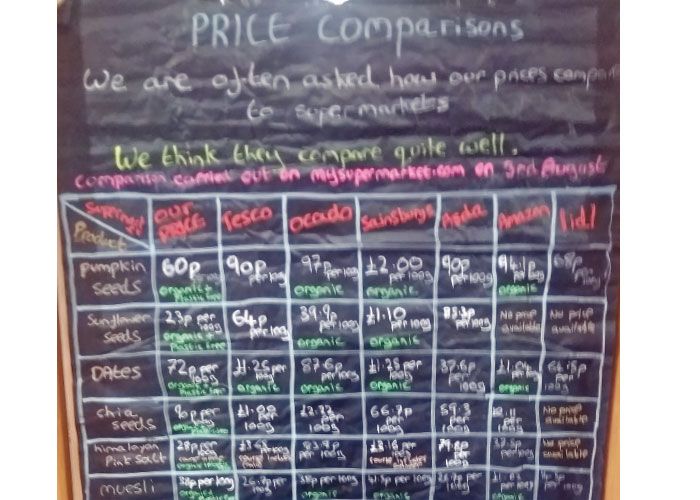
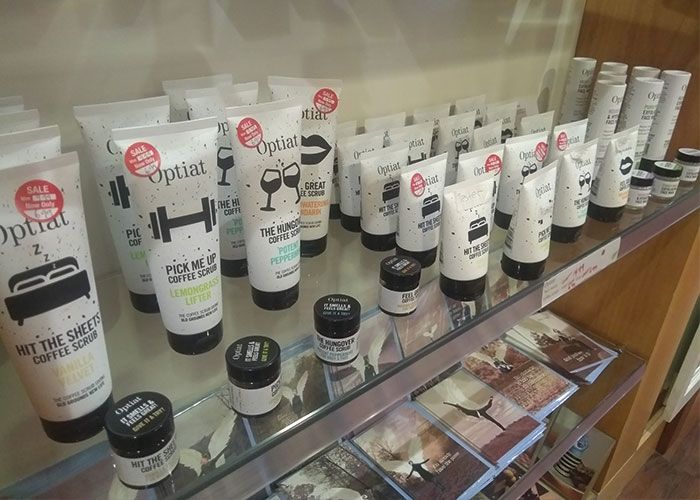
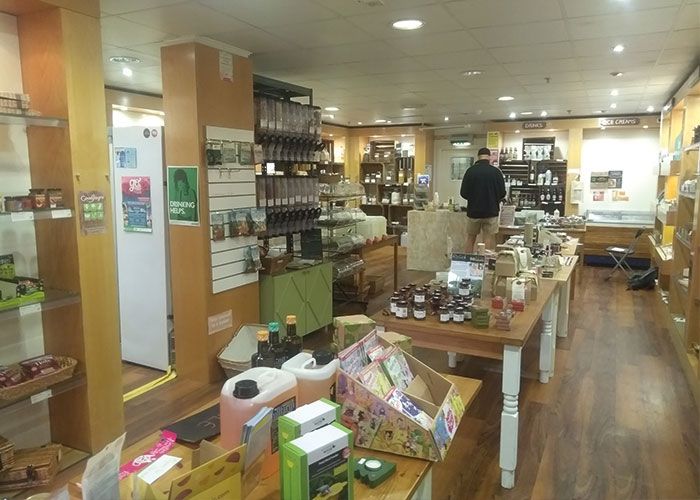
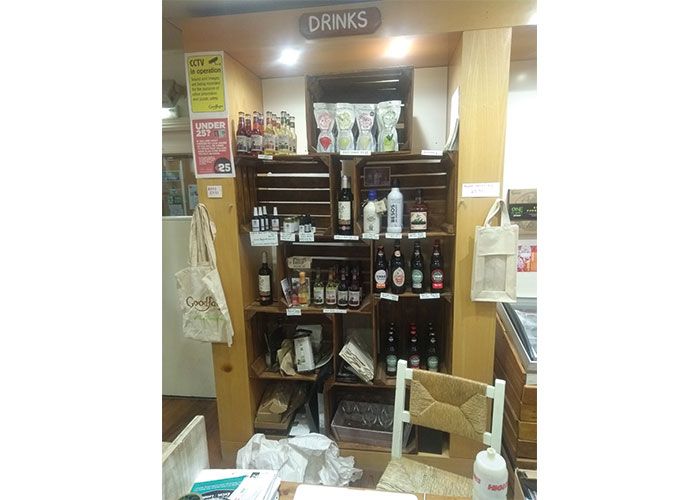
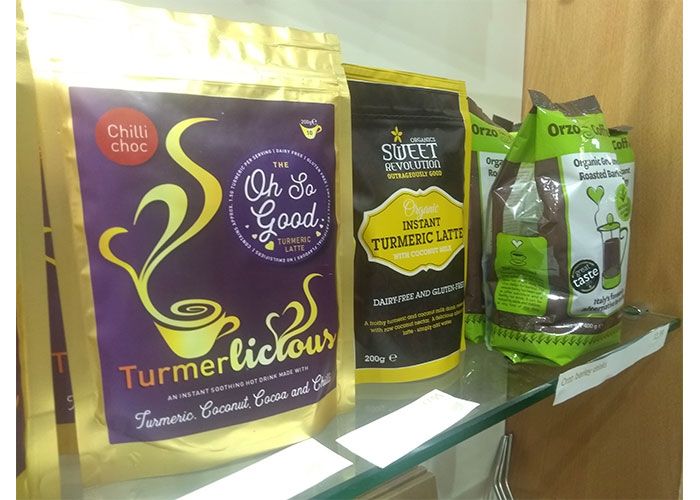

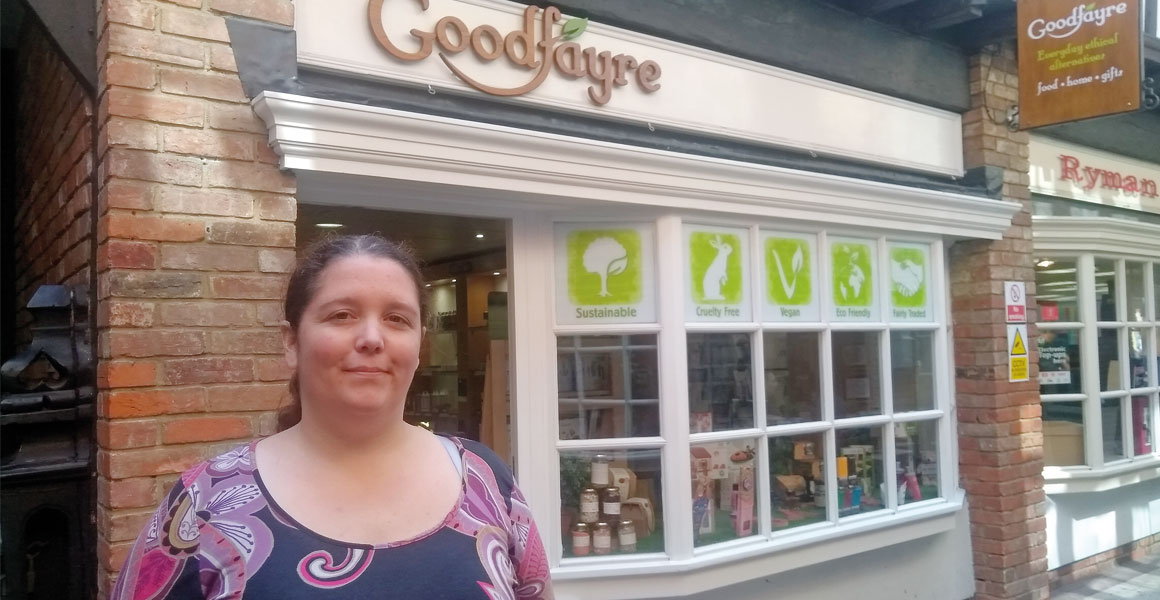

Comments
This article doesn't have any comments yet, be the first!